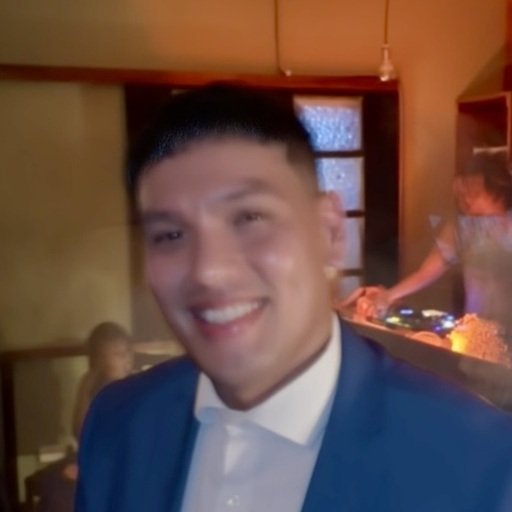From NYC Teacher to a Remote Founder: John Ignacio
From childhood recollections in the Philippines to challenges faced in New York as an immigrant, my journey has been quite a roller coaster ride. Today, I'd like to share this story of mine - the hurdles, triumphs, and lessons learned along the way.
Courting Opportunities Across the World
Born and bred in the Philippines, I was oblivious to the fact that my medical practitioner parents were working their way to immigrate to the U.S. My father had worked as a janitor in a hospital in New York before his medical degree from Manila earned him notice. The fact that foreign accreditations often don't hold value in other nations is a hurdle many immigrants face, as was the case with my father.
"Foreign physicians often have to pass rigorous tests to practice in the U.S., making some resort to jobs outside the scope of their qualifications"
Despite the challenges though, my parents' perseverance paid off. After undergoing the necessary testing, my father resumed his medical practice, and we relocated to live closer to his workplace in Brooklyn.
The Diverse Mosaic of Brooklyn
Brooklyn was a lively melting pot of cultures, with blocks clearly distinguished by different ethnic communities. Growing up in this diverse environment was an enriching experience, although the struggles of being from an immigrant family came with their own set of challenges. With both parents working extensively, my siblings and I received little guidance about school systems or tertiary education, giving us a sense of independence early on.
Living in such enclaves also gave rise to certain stereotypes – for instance, being good at academics supposedly meant being 'white', a stereotype I wanted to challenge and reshape.
The Thrust towards Entrepreneurship
My inclination towards education propelled me to become a New York City public school teacher. However, the regular 'system' didn't resonate with my ideology that viewed each student as a unique individual who should learn at their own pace.
While my personalized approach was appreciated, the disconnect between immigrant parents and school communication channels bothered me. Interestingly, it was my tech inclination that bridged this gap. I created systems that improved communication between school staff, students, and parents. The success of these initiatives led to tech companies knocking on my door, ultimately paving the pathway to becoming an ed-tech entrepreneur.
Experiences with Google's Projects - An Insider's View
Working as a part of Google's Project Loon and Google Glass was a unique experience. It allowed me to observe the early stages of product development, team building and testing with an 'unlimited' budget. However, the unpredictability and ambiguity inherent in such projects were also starkly evident.
The Return to Roots
My return to the Philippines was sparked by a promise made to my grandmother on her deathbed. Committed to understanding and experiencing my cultural heritage, I embraced the entrepreneurial scene of the Philippines, building up a pool of talented developers through funding, international exposure, and providing a conducive environment for their growth.
The Moniker of Outsourcing
The Philippines is often perceived as a hub for 'cheap' labor, a branding that often overshadows the talent pool. BPO (Business Process Outsourcing) businesses thrived in the Philippines, providing professional services to international companies.
However, the next wave of change is edging towards tech development. Filipinos are developing products for internationally reputed brands while large-scale art productions are being handled by local artists.
Bridging the Gap – A Corporate Responsibility
While it is undeniably crucial to tap into the talent pool, it also becomes a corporate responsibility to nurture this talent. Companies should focus on investing in the skill enhancement of their local teams – offering industry-standard pay and providing them with cutting-edge resources.
One of the initiatives we undertook was to provide MacBook to our full-time hires – not out of ostentation but to show that we were committed to providing them with the best resources possible.
The Future of Filipinos in Tech
While the future of the tech industry in the Philippines looks positive, the education scenario looks dire. Overcrowded classrooms and outdated texts plague the system, which needs to be addressed urgently.
Despite this, the spirit of learning is abundant in the country – a great omen for the industry. As more international entrepreneurs establish businesses in the Philippines, local talent will enjoy greater exposure and opportunities.
Conclusion
Having built businesses from scratch, I have come to identify the importance of mutual respect and clear communication among team members. Building business relationships should be less about money and more about people, and that's the principle I choose to live by in my entrepreneurial journey.
In the words of Mark Twain,
"The secret of getting ahead is getting started."
So, here's to the relentless spirits starting, enduring, and triumphing.
Listen to the full episode here.
Learn more about PepperVA
Meet John at Gildre.



